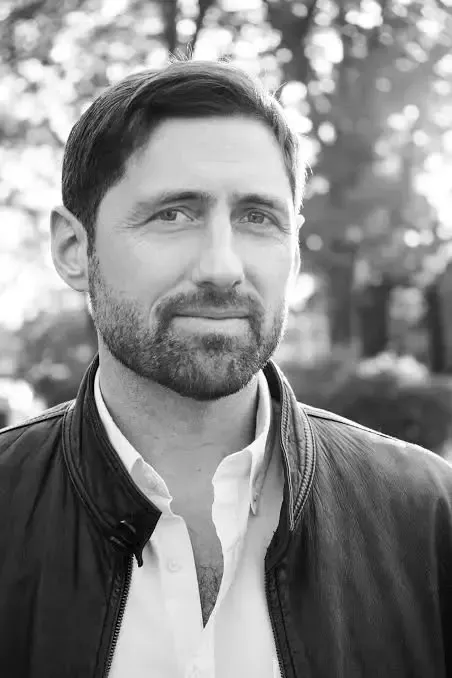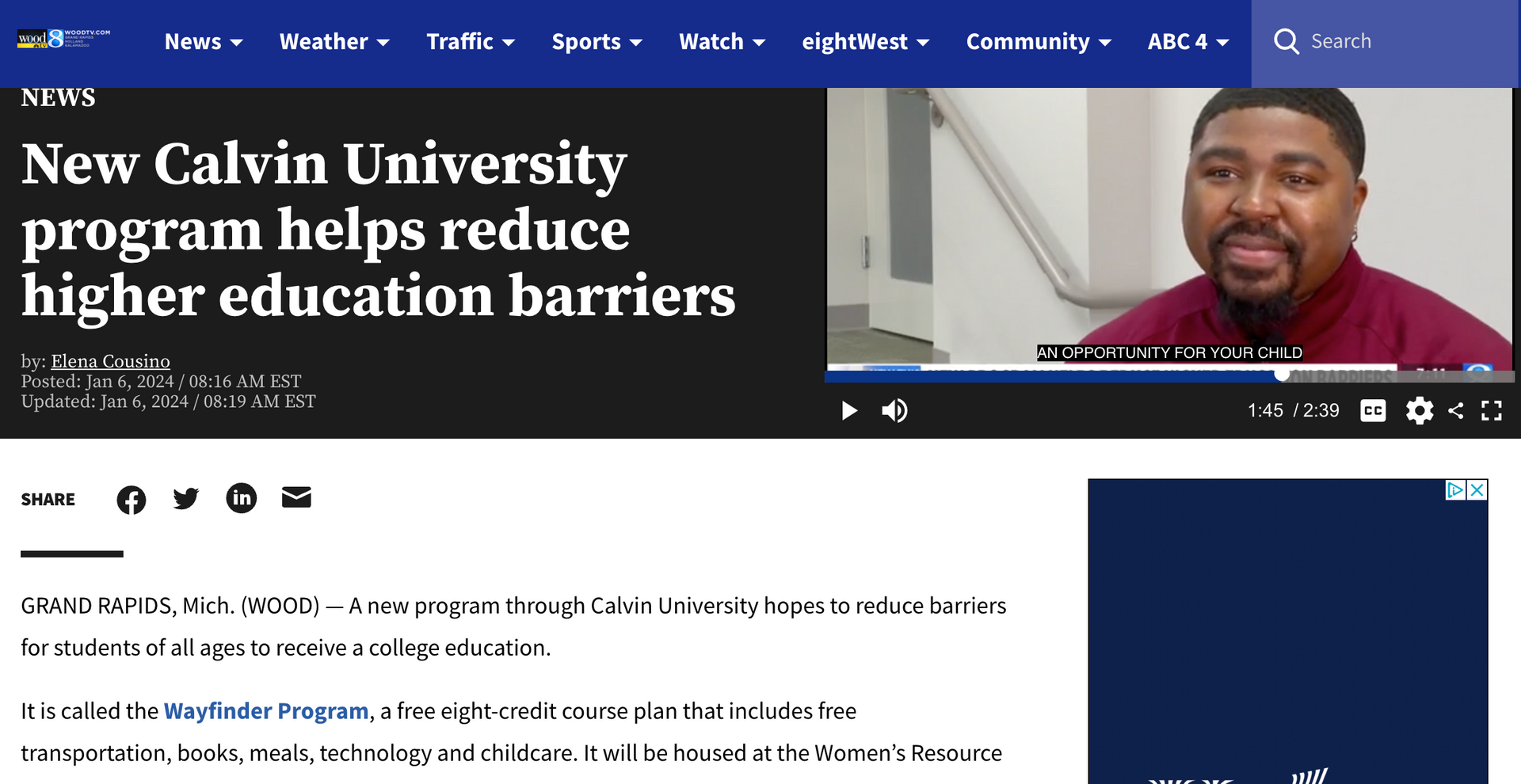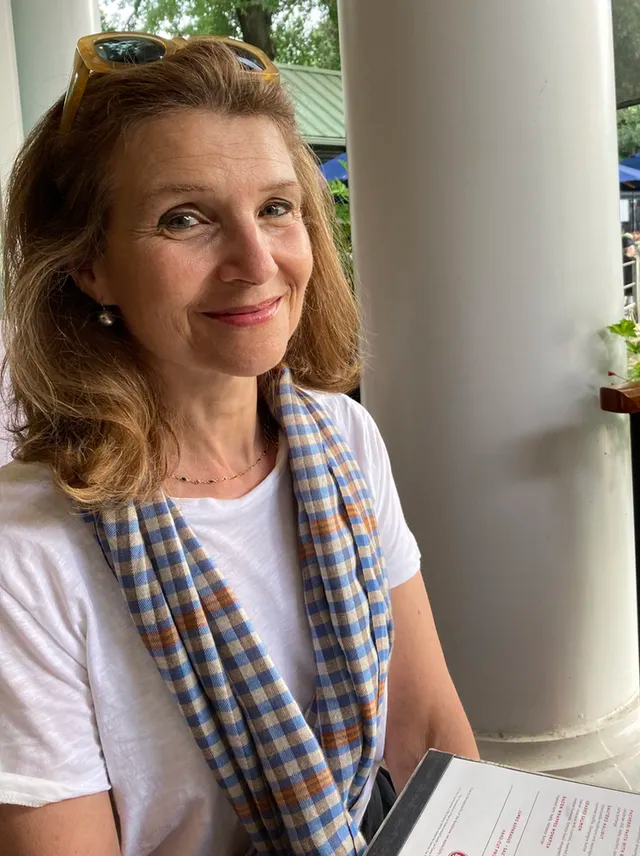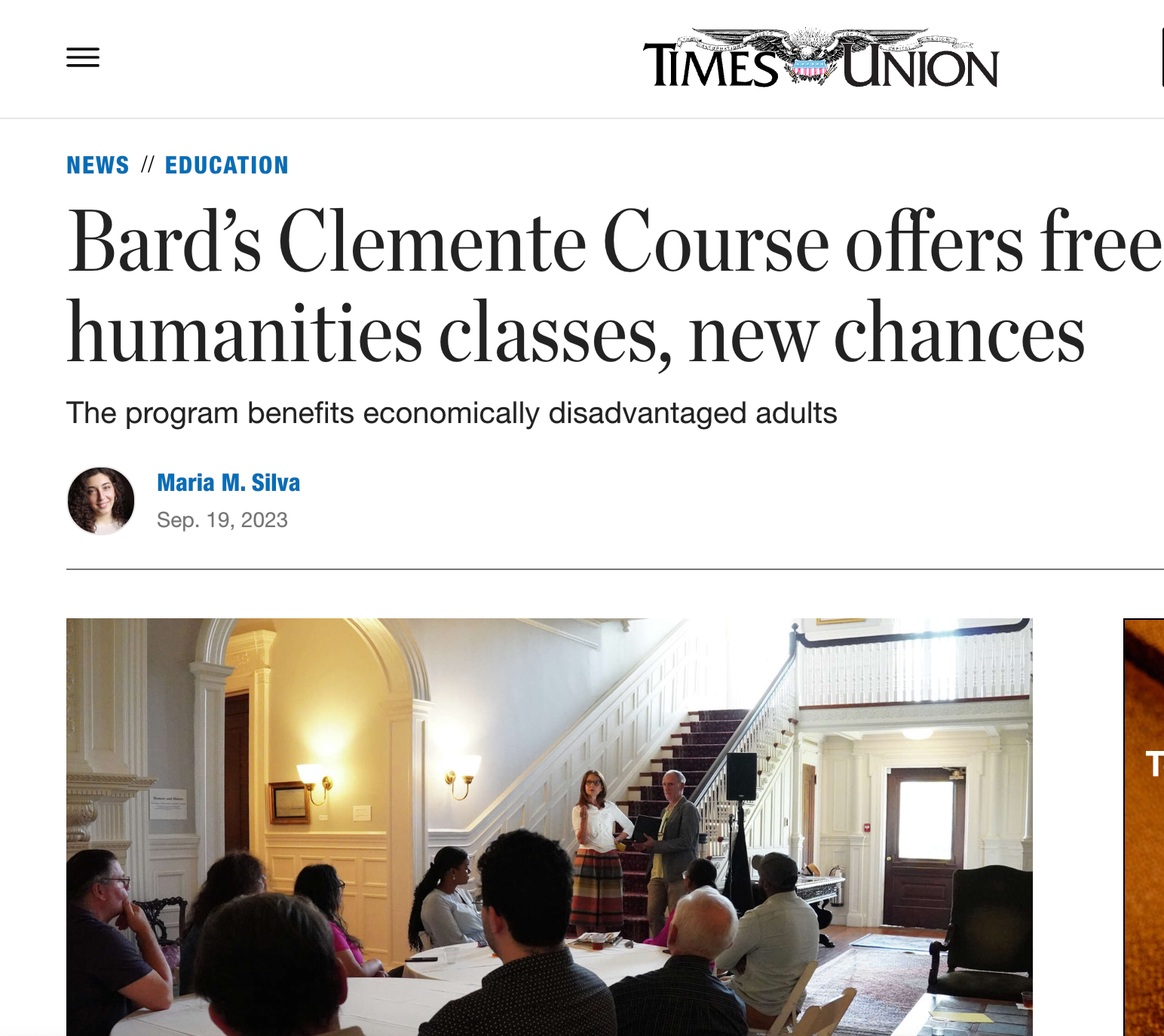Meet Patricia Nerison
February 7, 2019
Literature Professor, Jefferson Clemente, Port Townsend, WA
Pat Nerison was about to step down after years of teaching composition and literature in community colleges when she was introduced to the Jefferson Clemente Course in Port Townsend, WA. Jefferson Clemente founder (and current Clemente Executive Director) Lela Hilton made a presentation about the new program and Pat was sold. That was in 2000.
Pat offered the literature unit in Jefferson Clemente the following year and has ever since. The things that first drew her to Clemente remain: the purpose is clear, the staff energized, and the students bring knowledge and diverse experience to the table. And she still responds to the question of why she teaches by saying, “It doesn’t get more fun than this.”
Pat’s Clemente curriculum usually includes Antigone, often a play by Ibsen, and always a Shakespeare play. She loves using poetry, too. This year’s course theme, “Beginnings and Rejuvenation,” sent her curriculum in new directions. She’s teaching To Kill a Mockingbird for the first time in Clemente, and she’s chosen to include Measure for Measure, Shakespeare’s complex play with its famous line, “Some rise by sin, and some by virtue fall.”
“The play ends with three marriages, which represent reconciliation and rejuvenation,” Pat says. “But the questions are larger: What is justice? How much mercy is necessary to do the right thing? How do we respond to an unjust law? How can we think anew about troubling issues?”
Jefferson Clemente is the most rural Clemente Course in the country, held in a town of less than 10,000 residents. Pat sees former Clemente students in the community and hears stories about the program’s impact: many go on to more college; some take their children to Shakespeare in the park; a man who described himself as a redneck bought a volume of Langston Hughes’ poetry.
Her enjoyment of Clemente keeps her coming back, but so does her sense that what happens in Clemente is important, not just in the classroom, but beyond it.
“I see it as an opportunity to work with ideas, but also to facilitate civil conversation about difficult topics on which people disagree” she says. “Our models for public discourse are deteriorating everywhere, and this is a chance for people to engage with openness, curiosity, and respect.”
Pat’s Clemente curriculum usually includes Antigone, often a play by Ibsen, and always a Shakespeare play. She loves using poetry, too. This year’s course theme, “Beginnings and Rejuvenation,” sent her curriculum in new directions. She’s teaching To Kill a Mockingbird for the first time in Clemente, and she’s chosen to include Measure for Measure, Shakespeare’s complex play with its famous line, “Some rise by sin, and some by virtue fall.”
“The play ends with three marriages, which represent reconciliation and rejuvenation,” Pat says. “But the questions are larger: What is justice? How much mercy is necessary to do the right thing? How do we respond to an unjust law? How can we think anew about troubling issues?”
Jefferson Clemente is the most rural Clemente Course in the country, held in a town of less than 10,000 residents. Pat sees former Clemente students in the community and hears stories about the program’s impact: many go on to more college; some take their children to Shakespeare in the park; a man who described himself as a redneck bought a volume of Langston Hughes’ poetry.
Her enjoyment of Clemente keeps her coming back, but so does her sense that what happens in Clemente is important, not just in the classroom, but beyond it.
“I see it as an opportunity to work with ideas, but also to facilitate civil conversation about difficult topics on which people disagree” she says. “Our models for public discourse are deteriorating everywhere, and this is a chance for people to engage with openness, curiosity, and respect.”
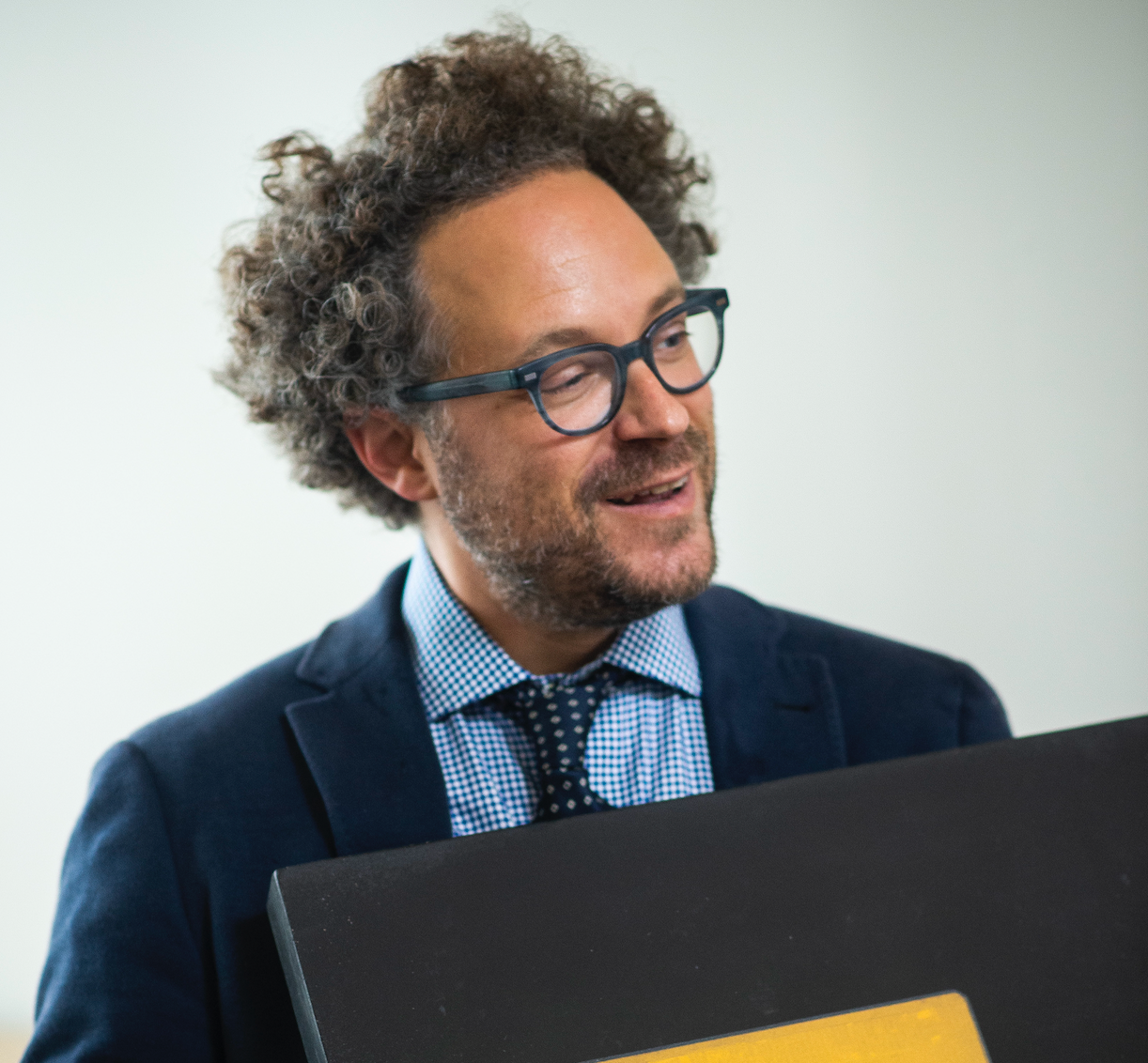
The Board of Directors of The Clemente Course in the Humanities announces the appointment of its new Executive Director, Aaron Rosen, PhD. Clemente’s Board was impressed by Dr. Rosen’s passion for reaching and supporting underserved communities. He comes to Clemente with an extensive track record working with diverse students, from Middle Eastern and South Asian immigrants in London to U.S. military veterans and Native Americans in Billings, Montana to African American and Latin American ministry students in Washington, DC.

